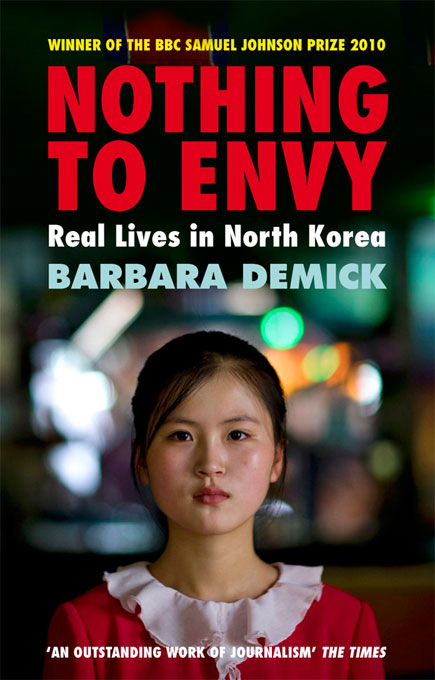With a few more weeks of sun remaining, here are the books we’ve tucked away for our breaks this summer.
Pru
Away by Amy Bloom (Granta)
This is addictively readable and will leave you in bits at the end. An odyssey of sorts, following a young woman who leaves her pogrom-ruined village in Russia and ends up crossing America in search of her daughter. A hugely satisfying, wonderful novel.
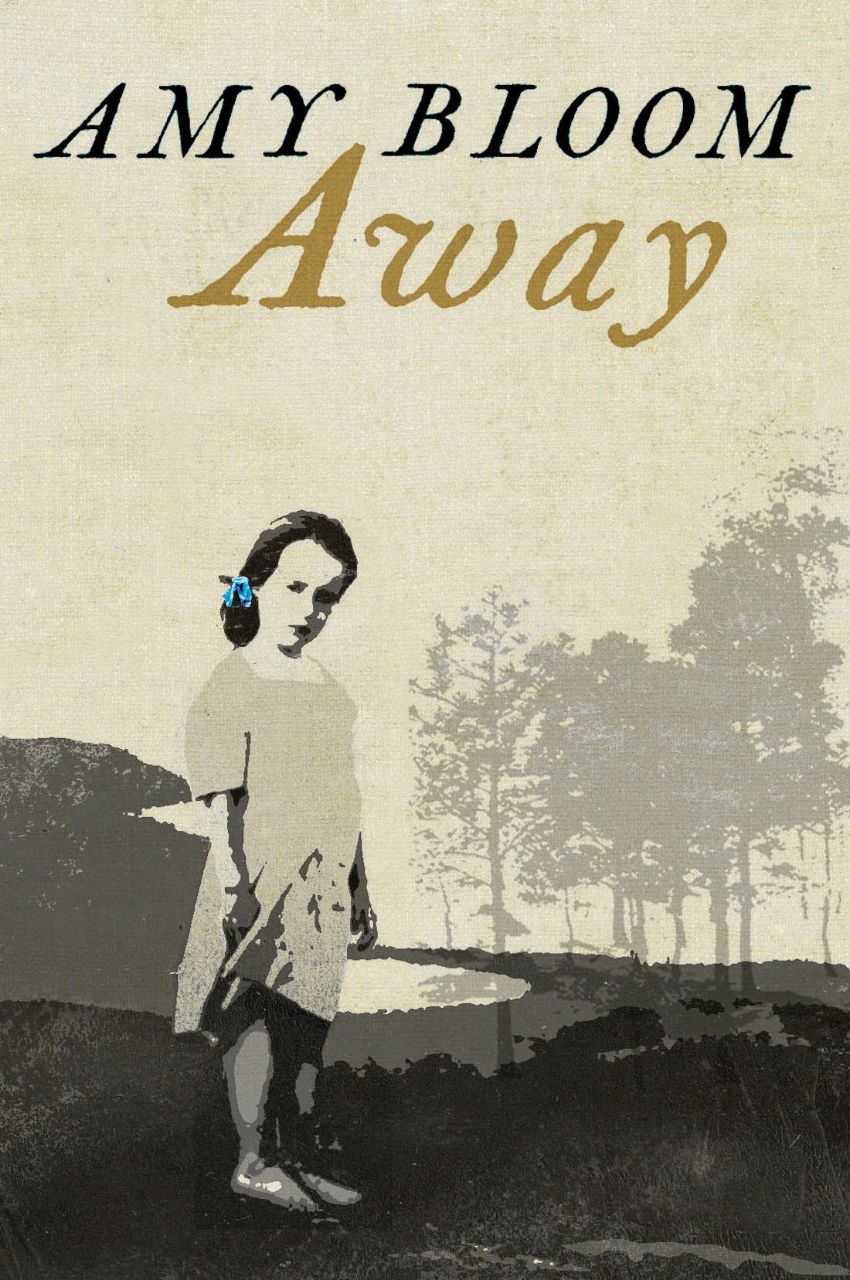
Christine
Straw Dogs: Thoughts on Humans and Other Animals by John Gray (Granta)
This summer so many things in the world seem uncertain and low-level unease is everywhere. It’s time to reread Straw Dogs: Thoughts on Humans and Other Animals by John Gray to dunk the head in cold water and see everything for what it is. Zen-like calm ensues.
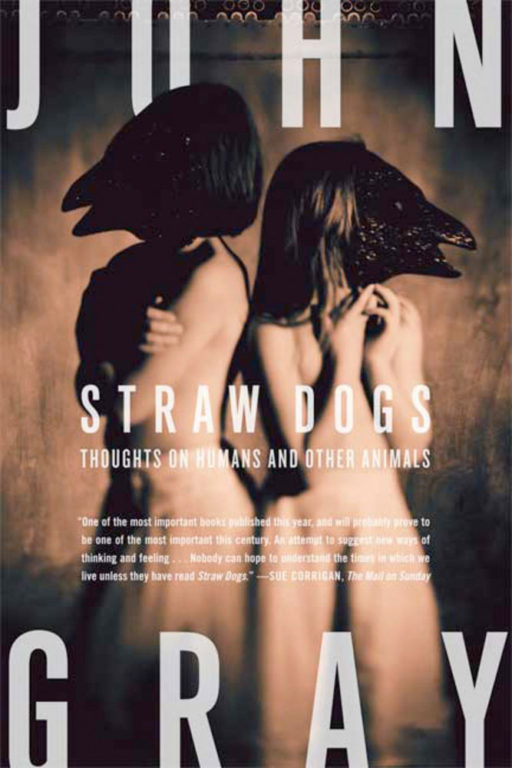
Laura
Coastlines: The Story of Our Shore by Patrick Barkham (Granta)
In this weather, there’s only one place I want to be: the seaside. Preferably with a copy of Patrick Barkham’s Coastlines, a celebration of the irresistible allure of British beaches come rain or shine.
Also in my beach bag will be David Szalay’s All That Man Is (Vintage) and Sarah Perry’s The Essex Serpent (Profile Books) both of which keep getting recommended to me and I can’t wait to read.
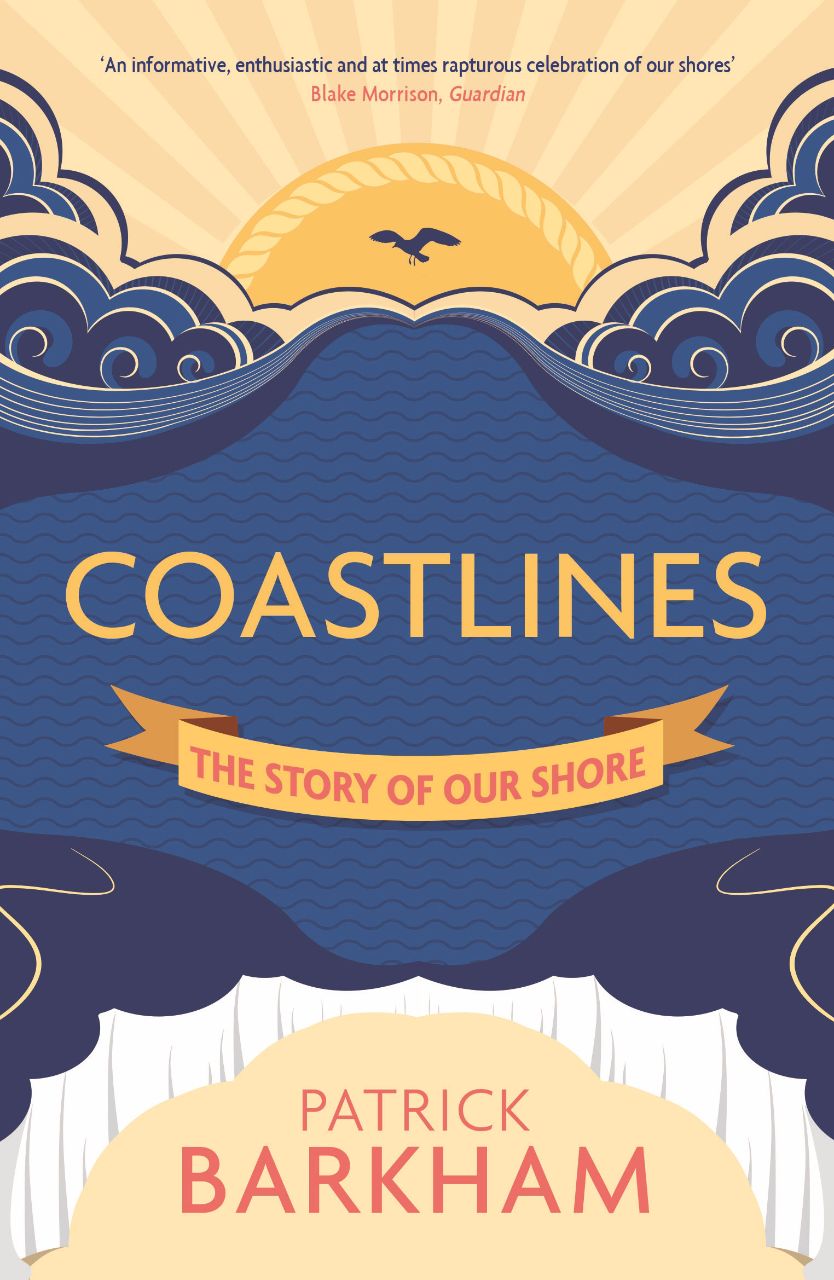
Lamorna
Hot Milk by Deborah Levy (Hamish Hamilton)
I read Swimming Home (And Other Stories/Faber and Faber) on holiday a few years back and delighted in its dark deliciousness. I saved Hot Milk for my holiday this year and it’s classic Levy brilliance. It tells the story of a young woman who takes her hypochondriac (or is she?) mother to Andalucía to visit a mysterious doctor who they hope can cure her once and for all. Levy is holiday reading in every way – you can see the steam rising from the pages of this book. It’s got sex, jellyfish stings, baking hot sand, identity crises, characters cast adrift, suppressed emotions, complex questions about mother-daughter relationships . . . and an ending which will make you demand that your holiday buddy reads it ASAP so you can discuss.
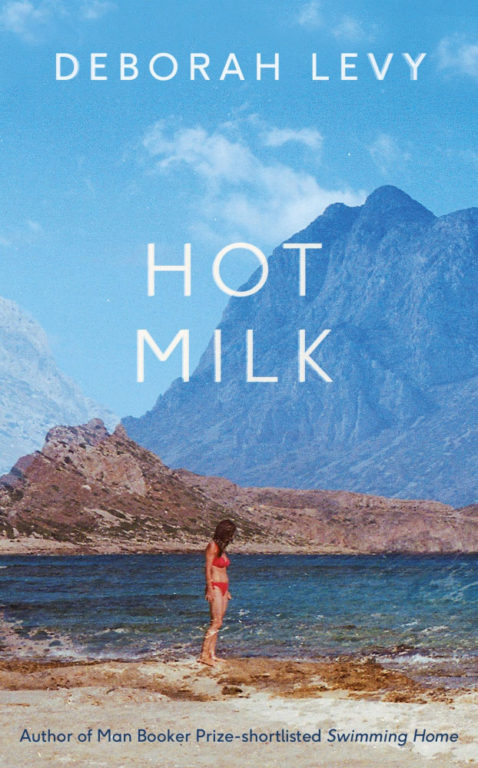
Ka
The Vanishers, Heidi Julavits (Doubleday)
Do Not Say We Have Nothing, Madeleine Thien (Granta)
I recently finished reading The Vanishers by Heidi Julavits, a superb and serious exploration of female rivalry, daughterhood and damage in the guise of a bitingly funny story about a sick student occultist on the trail of a mysterious artist/pornographer. Julia Severn is an initiate at the Workshop, a sort of MFA for clairvoyants, who suffers a ‘psychic attack’ from her jealous mentor Madame Ackermann. The attack leaves her physically and psychically debilitated. She is offered a chance to heal at an exclusive sanatorium, but on two conditions: that she ‘vanishes’ herself, leaving an official vanishing video for her father and stepmother; and that she helps an academic and his antagonistic assistant track down the notorious French filmmaker Dominique Varga, who is at the heart of a number of seeming vanishings, including her own.
I also had the pleasure of re-reading Do Not Say We Have Nothing by Madeleine Thien, a novel whose scope and emotional impact can only be described as ‘epic’. Inspired by the 1989 Tiananmen Square protests, it tells the story of China’s Cultural Revolution, recent history and complex future through three generations and two inextricably linked musical families. It’s a novel I avoid giving the label ‘historical’, partly because the writing has an immediacy and intimacy that resonates, but mostly because it grapples with the question of how we process our place in time, and how we measure up our ancestors and our descendants as an individual and as a link in a chain. It’s a gorgeous work that I want to press on everyone, except I don’t have enough hands.
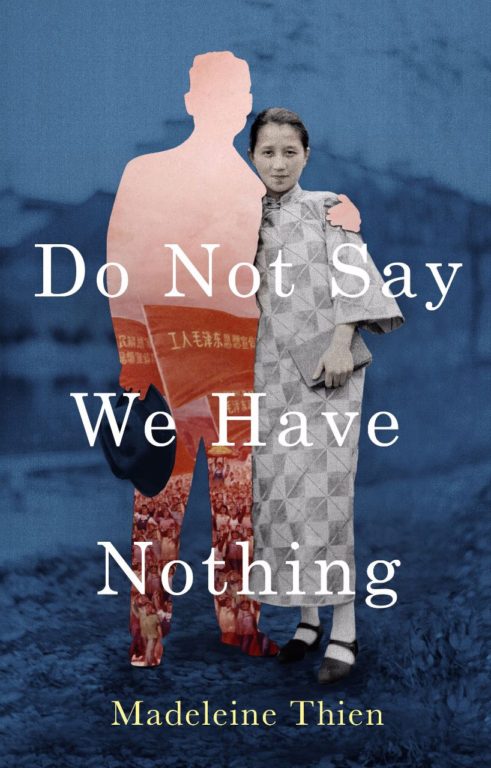
Rachael
On Trails: An Exploration, Robert Moor (Simon and Schuster, Aurum)
Look, Solmaz Sharif (Graywolf Press)
Popular Music, Kelly Schirmann (Black Ocean)
‘On Trails’ by Robert Moore is making me want to quit my life and walk the Appalachian trail. It’s an incredible history of why we walk in the paths and roads we do, talking about ants, elephants, mountains and getting lost. With poetry, I have been reading Solmaz Sharif’s incredible Look, from Graywolf, poems that face the fallout and costs of war, and Kelly Shirmann’s brilliant funny and strange Popular Music, from Black Ocean Books.
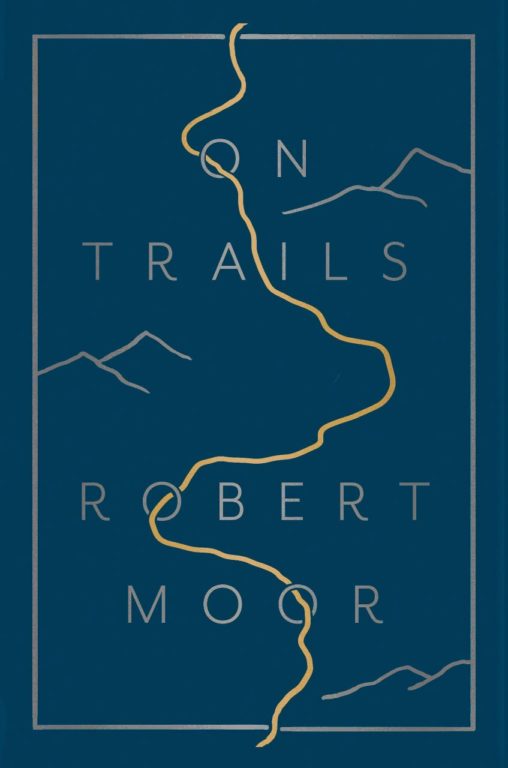
Luke
Cain and The Transition, Luke Kennard (Penned in the Margins; 4th Estate)
First Love, Gwendoline Riley (Granta)
You Too Can Have a Body Like Mine, Alexandra Kleeman (Harper)
The Association of Small Bombs, Karan Majahan (Vintage)
Leaving the Atocha Station, Ben Lerner, (Granta)
Luke Kennard’s Cain is an extraordinarily fun and satisfying collection of poetry. The poet, beset by grief at the loss of his marriage, ethics and ambition, is visited by the immortal Cain, the biblical murderer of his brother, now a community support nurse. Funny, chatty, mournful and religious, full of surreal episodes and snappy coinages (selling himself on a date the poet is ‘the heart’s estate agent’), the collection is built around an astonishing centrepiece of thirty-one prefect anagrams of a passage from the King James Bible, each of which describes an episode of a cancelled sitcom, surrounded in red ink by the equivalent of DVD extras. It’s a gorgeously produced book from Penned in the Margins. Kennard’s narrative experiments in poetry have always hinted he’d make a good novelist, and in Granta’s autumn issue there is an exclusive extract from The Transition, a satirical debut novel about the generation-gap, which will be published in early 2017 by 4th Estate.
The current issue of Granta also features an extract from First Love, the new novel by Gwendoline Riley, out early next year from Granta Books. It’s her fifth novel, each a slim, poetic, witty and enthralling attempt at describing the painful truth about relationships with other people and the past. She gets better and better, though she was better than most when her first book was published. In advance of First Love, read her debut Cold Water about working in a bar in Manchester, or her latest Opposed Positions, an exploration of Larkin’s observation: ‘They fuck you up, your mum and dad.’
From America, my favourite novels were Alexandra Kleeman’s You Too Can Have a Body Like Mine a dry-as-a-bone paranoid comedy that reminded me of White Noise by Don DeLillo; and Karan Mahajan’s The Association of Small Bombs, a novel of sustained imagination and precision about a ‘small’ act of terrorism in Delhi and its large consequences for the victims of the bomb, and for the men who planted it.
And from Granta’s backlist, Leaving the Atocha Station by Ben Lerner is a perfect holiday novel, funny, clever and stylish, with helpful suggestions of what to do in a Spanish city: reading Russian classics in the park, getting stoned and staring at paintings in air-conditioned art museums, developing language skills while drinking in bars, walking narrow streets in search of romance and profound experiences of art.
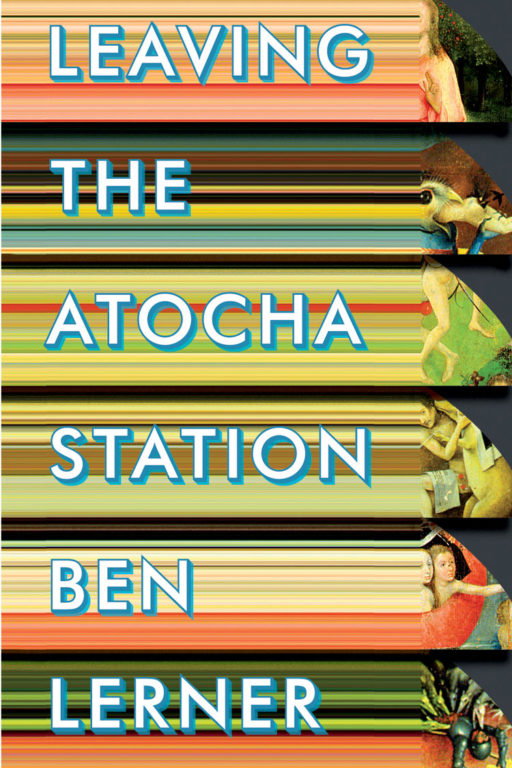
Josie
Winter: Five Windows on the Season, Adam Gopnik (House of Anansi Press)
If you’re looking for a book to accompany you through the next heatwave, I recommend Adam Gopnik’s Winter. It’s a brilliant cultural history the year’s coldest season, looking at how we represent that season in art, music and literature: from Caspar David Friedrich paintings to Dickensian Christmases. Gopnik takes on winter from five different tongue-twisting perspectives – Romantic, Radical, Recuperative, Recreational and Remembrance – demonstrating that for centuries being very cold has inspired all kinds of glorious creative output.
I’ve read the book twice, both times (for some reason) in the middle of summer travelling on stuffy buses and tubes. The cognitive dissonance is rather thrilling. It’s quite a unique experience to read such elegant descriptions of winter while uncomfortably warm.
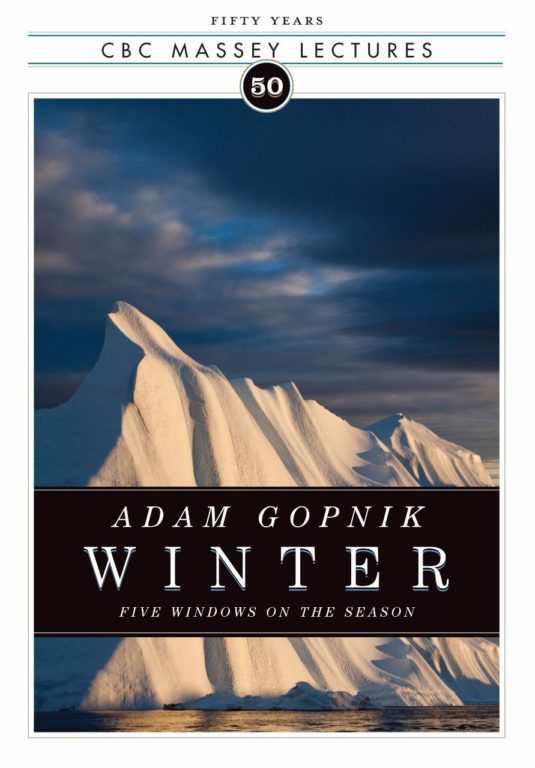
Francisco
Thus Were Their Faces: Selected Stories, Silvina Ocampo (NYRB Classics)
Human Programming, Scott Selisker (University of Minnesota Press)
Hole in the sand. Foldable chair. Cap.
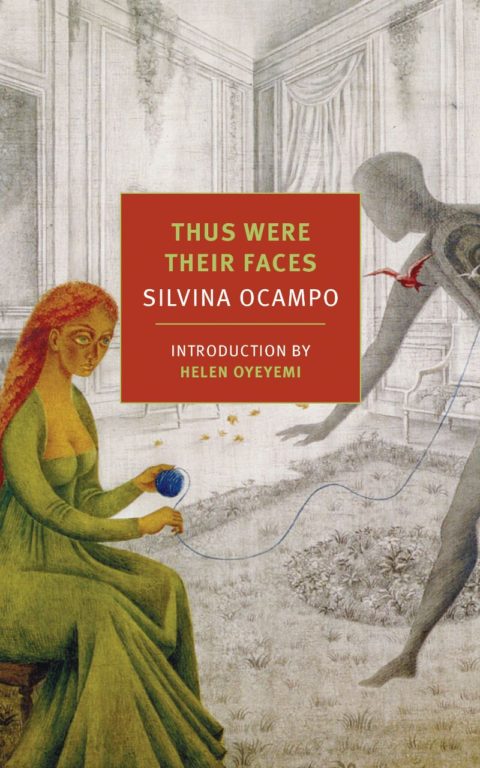
Natalie
Everything is Happening, Michael Jacobs (Granta)
In Order to Live, Yeonmi Park (Penguin)
Nothing to Envy, Barbara Demick (Granta)
I’m heading to Spain this summer and so Michael Jacobs’ Everything is Happening is at the top of my list for when I head to Madrid’s Museo del Prado, as like most Brits abroad, having hunted for the sun I will proceed to hide indoors indefinitely. The late Jacobs remains without doubt (and corroborated in the Telegraph recently) an unparalleled critic of Spanish art and architecture. Art is for everyone and his accessibility proves this.
I’ve just read Yeonmi Park’s In Order to Live, a memoir of Yeonmi’s life in North Korea as well as her and her family’s escape. It devastates. To educate myself further, I’ll be taking Barbara Demick’s award-winning Nothing to Envy.
I was on the hunt for some light relief in fiction, but who needs light relief when you can re-read some Ibsen. Another excuse to stay in the shade then.
